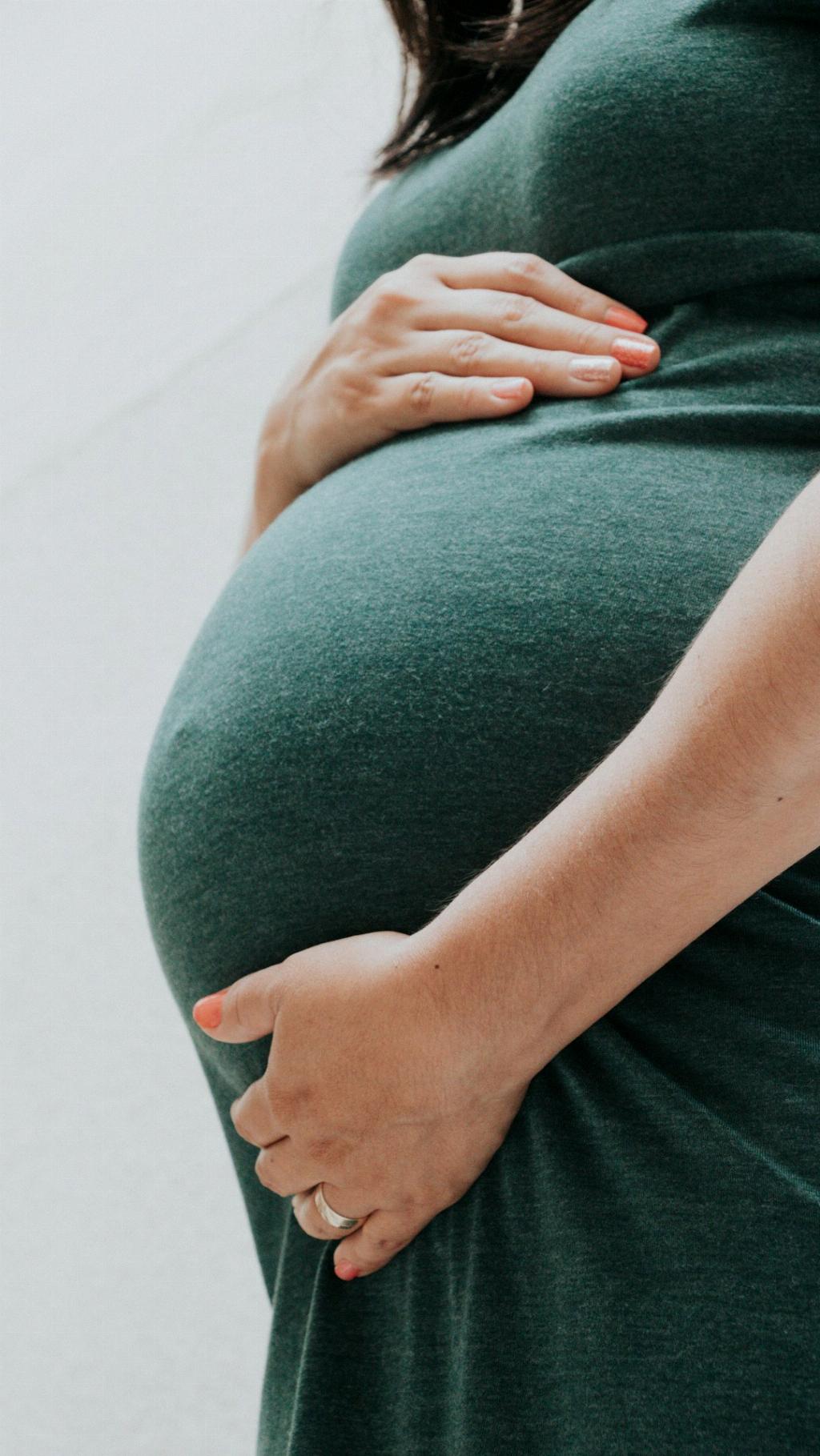Experiencing pain at 12 weeks pregnant can be a concerning issue for many expecting mothers. It’s important to remember that during pregnancy, the body goes through significant changes to accommodate the growing fetus, which can sometimes result in discomfort. Let’s delve into some common reasons why you might be experiencing pain at this stage of your pregnancy.
1. Ligament Pain
One common cause of pain at 12 weeks pregnant is ligament pain. As your womb expands to make room for your developing baby, the ligaments that support it stretch and strain, leading to a sensation of discomfort or sharp pain in the lower abdomen or groin area.
2. Constipation
Constipation is another culprit for abdominal pain during pregnancy. Hormonal changes can slow down the digestive system, making it harder to pass stool and causing bloating and cramping in the stomach area.
3. Gas and Bloating
Increased levels of progesterone during pregnancy can relax the muscles of the intestines, leading to a buildup of gas and bloating, which can result in abdominal discomfort and cramps.
4. Round Ligament Pain
Round ligament pain is a specific type of discomfort caused by the stretching of the ligaments that support the uterus. This can often result in sharp, shooting pains on one or both sides of the lower abdomen.
5. Growing Uterus
At 12 weeks pregnant, your uterus is rapidly expanding to accommodate the developing fetus. This growth can cause mild to moderate cramping or aches as your body adjusts to the increased size of your womb.
6. Hormonal Changes
The surge of hormones during pregnancy, particularly progesterone, can affect the smooth muscles of the digestive tract, leading to slowed digestion, bloating, and discomfort in the abdominal region.
7. Stress and Tension
Emotional stress and tension can manifest physically in the body, leading to muscle tension and pain. It’s important to practice stress-relieving techniques such as deep breathing, meditation, or gentle exercise to alleviate physical discomfort.
8. Urinary Tract Infections
Urinary tract infections (UTIs) are not uncommon during pregnancy and can cause pain or discomfort in the lower abdomen. If you experience pain while urinating, fever, or back pain, it’s essential to seek medical attention.
9. Braxton Hicks Contractions
Braxton Hicks contractions, also known as “practice contractions,” can occur as early as the second trimester and may cause abdominal discomfort or cramping. These contractions are usually irregular and do not indicate labor.
10. Physical Strain
Simple activities such as lifting heavy objects or standing for extended periods can put strain on the body, leading to muscle fatigue and discomfort. It’s crucial to listen to your body and avoid overexertion during pregnancy.
11. Pelvic Girdle Pain
Pelvic girdle pain is a common condition during pregnancy that can cause discomfort in the pelvic joints and lower back. Gentle exercises, warm baths, and proper posture can help alleviate this type of pain.
12. When to Seek Medical Advice
While mild abdominal discomfort is often a normal part of pregnancy, it’s essential to pay attention to persistent, severe, or worsening pain. If you experience vaginal bleeding, fever, chills, or intense abdominal pain, it’s crucial to contact your healthcare provider for guidance and evaluation.

